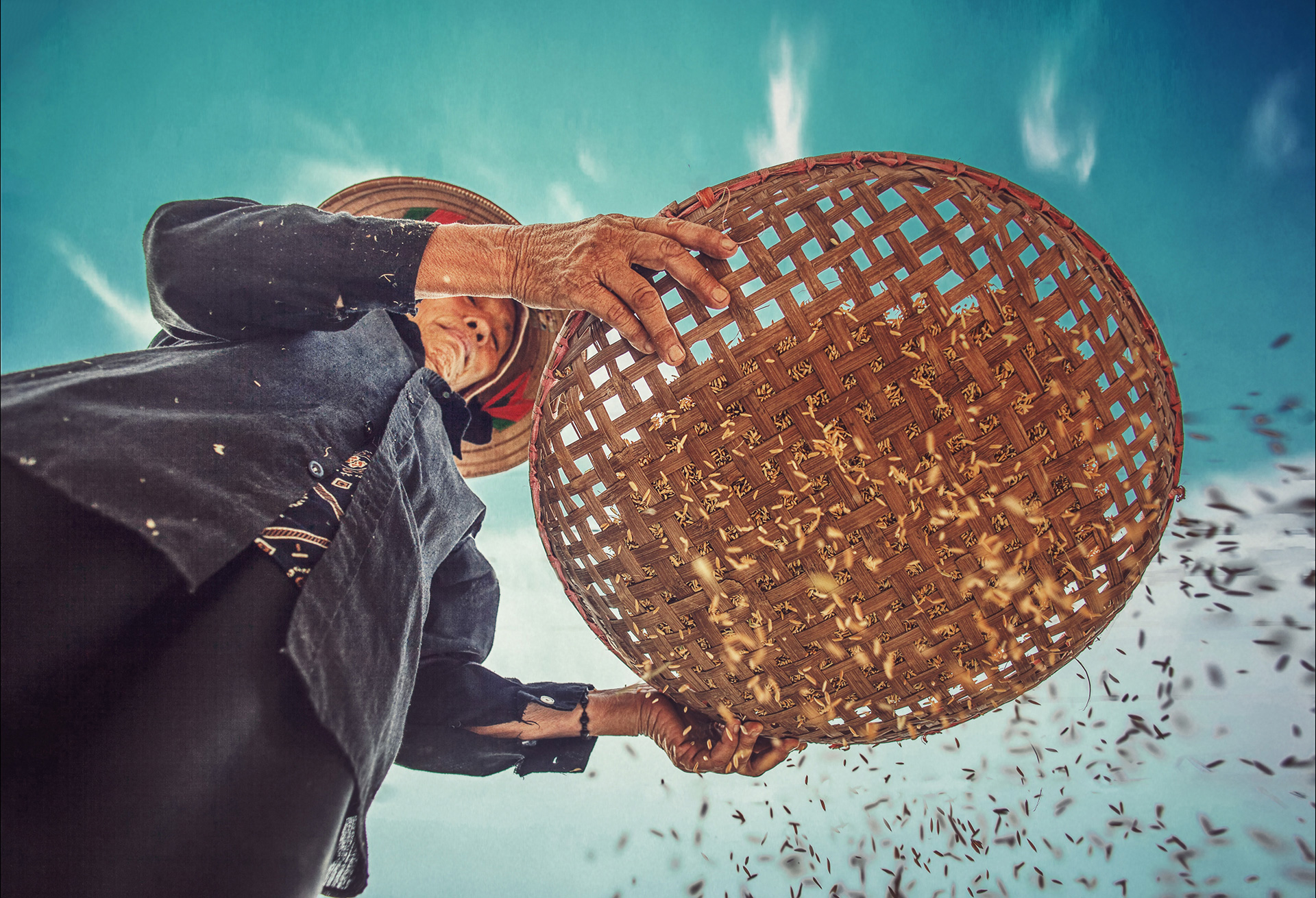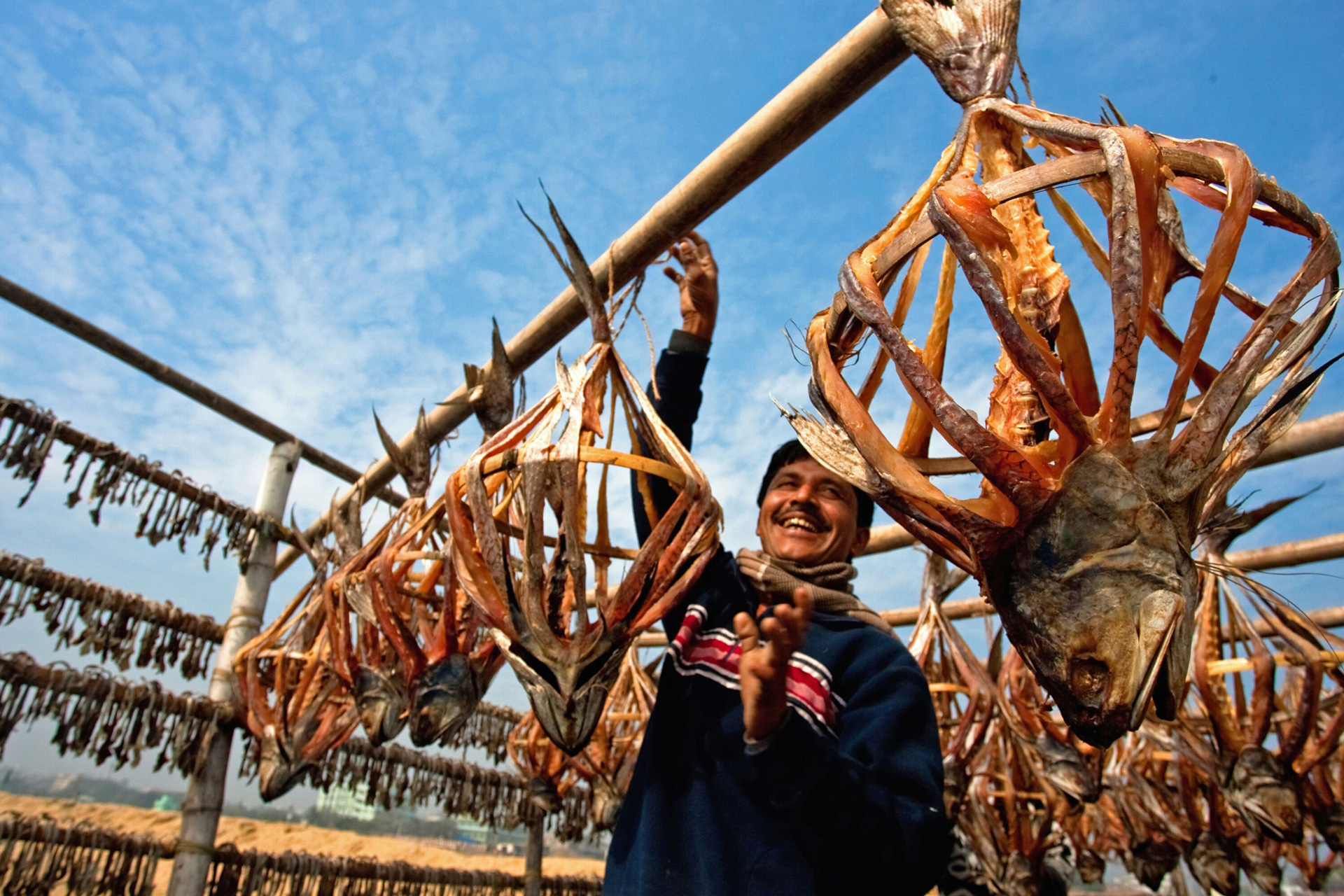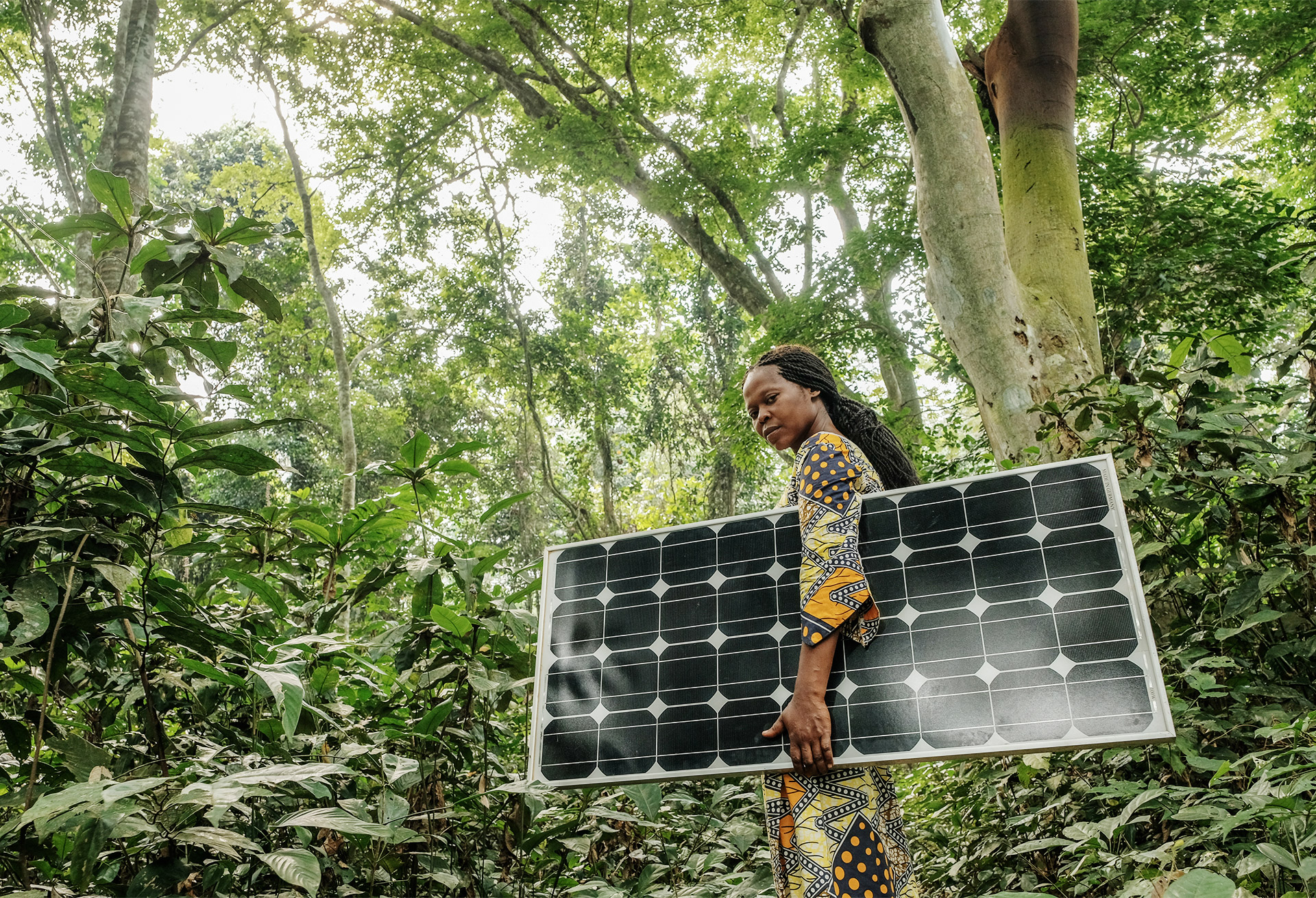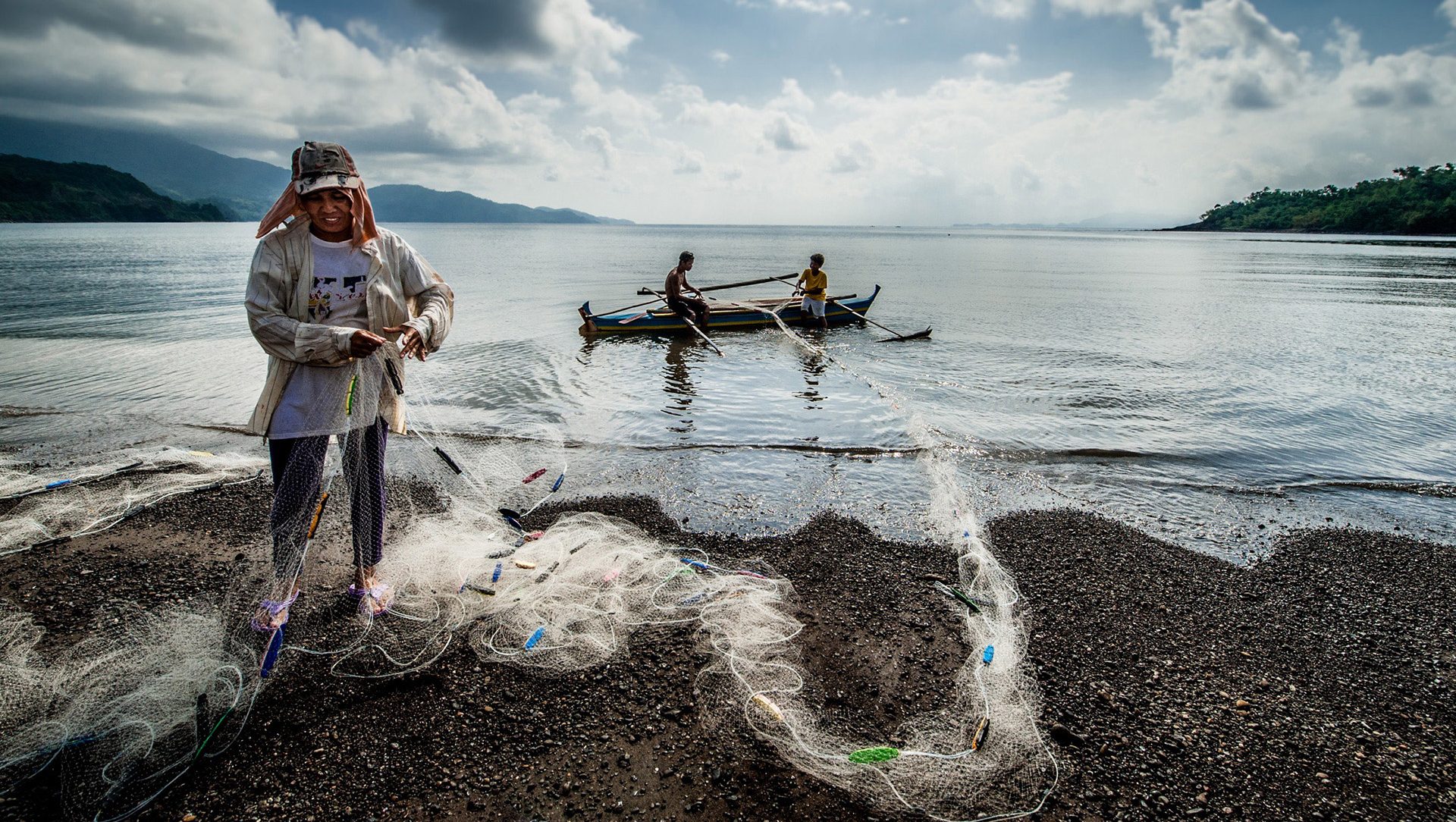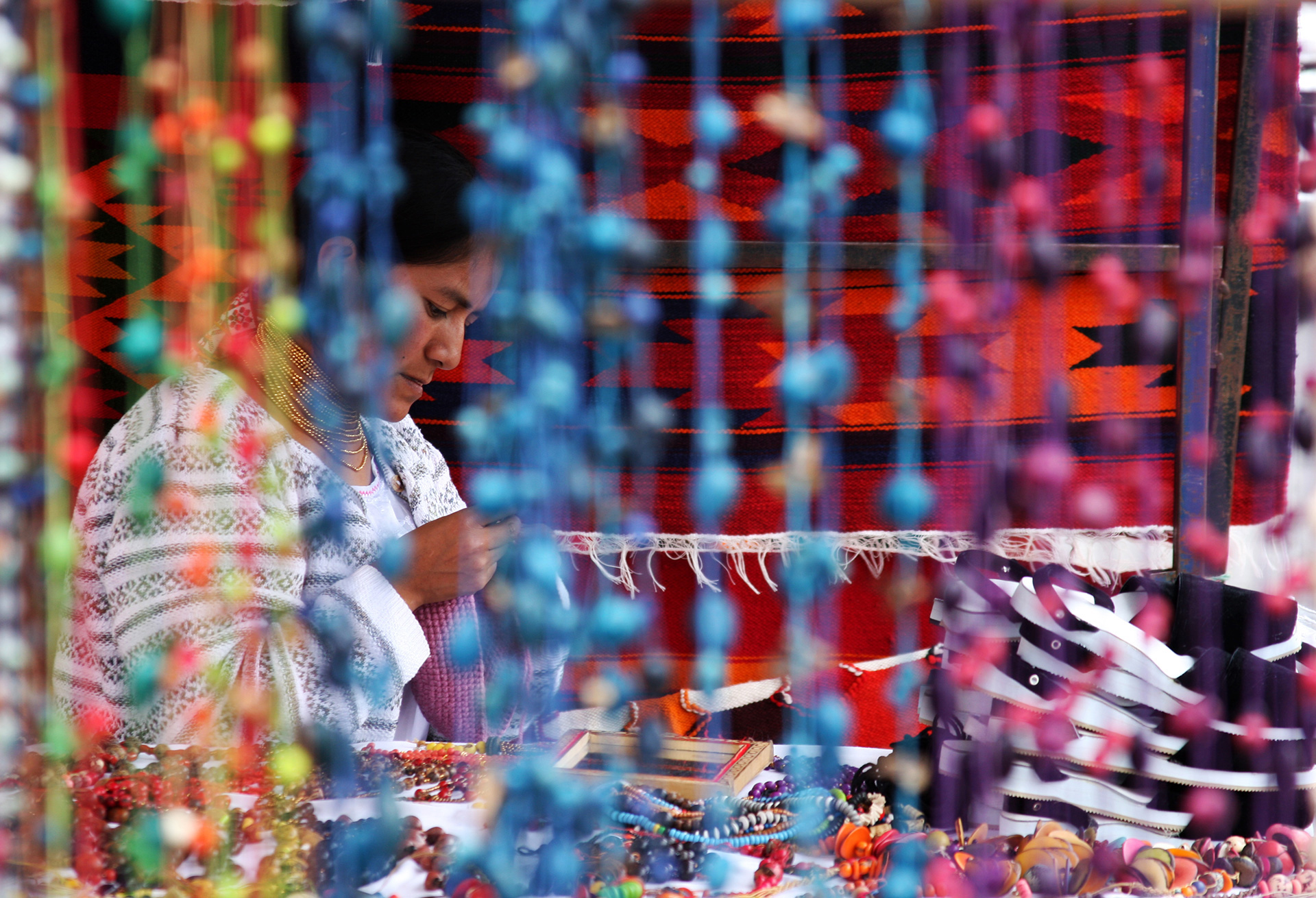Original Source: SAFIN Network
When and where
About the webinar
It is well documented that the COVID-19 crisis is putting pressure on the financial assets of farmers, small and medium-sized enterprises (SMEs), and other actors in agricultural value chains across the world. The pressing need for working capital and trade finance that many agri-SMEs need to keep afloat is increasingly being discussed. Against this need, policymakers have largely focused attention on the response capacity of regulated financial service providers (FSPs) such as rural and agricultural banks, commercial banks, and also second tier banks.
However, addressing the financial needs of entrepreneurs in the sector requires that different types of finance providers have the capacity to respond while themselves staying afloat. In this context, it is critical to consider the roles of aggregators providing value chain finance, non-bank financial institutions (NBFIs) with specific focus on the underserved segments in the sector, and impact investors with assets either in these institutions or in agri-SMEs.
This panel will focus on the third group of actors, notably venture capital providers, impact funds and development finance institutions (DFIs). The discussion will be kicked off by the presentation of a recent research note produced by Dalberg for the KfW Agriculture Finance Programme, entitled “Impact of COVID-19 on Agriculture SMEs”.
Panellists will then engage questions around the following:
- How is the crisis affecting the demand for impact finance in the sector, particularly among NBFIs, microfinance institutions (MFIs) and agri-SMEs?
- What new risks and opportunities does COVID-19 bring to their existing portfolio and the potential pipeline of impact investors in this sector?
- How are investors responding to these new risks and opportunities, and what are the challenges in doing so?
- Is there scope for better coordination among different types of impact finance providers – particularly private impact investors and DFIs – to address the financial needs of agri-SMEs, NBFIs and MFIs against COVID-19?
Speakers
Kusi Hornberger, Associate Partner, Dalberg
Kusi Hornberger is an Associate Partner and co-leads the Finance & Investment Practice for Dalberg Advisors. Kusi’s work primarily focuses on helping asset managers, DFIs, foundations and INGOs to better understand how to provide appropriate finance and services to rural and agriculture focused small and growing businesses (SGBs) in emerging and frontier markets. Prior to joining Dalberg, Kusi was Vice-President of Investment Research at Global Partnerships, a management consultant at Bain & Company and as an Investment Officer with the International Finance Corporation.
Hans Loth, Global Head UN Environment Partnership, Rabobank
Hans Loth is Global Head UN Environment Partnership at Rabobank. He is responsible for building and managing the bank’s new strategic partnership, which is a keystone in the bank’s global environmental work. Prior to taking up his current position, Hans fulfilled various general management and strategy roles within the Rabobank Group. Most recently, he was Director Strategy & Business Change for Rabobank Indonesia.
Luca Torre, Co-founder and CEO, GAWA Capital
Luca Torre is the Co-Founder and Co-CEO of GAWA Capital, an impact investing fund manager advising 150million EUR. He has spent most of his career investing in and advising microfinance and financial institutions. Prior to founding GAWA, he worked at Credit Suisse Investment Banking in New York advising many microfinance institutions in accessing capital markets.
Rosanne Whalley, CEO, AHL Venture Partners
Based in Nairobi, Rosanne leads all aspects of AHL’s strategic and operational activities. Rosanne brings over a decade of direct experience investing in Africa and building financial institutions. Prior to assuming the CEO role, Rosanne lead investments in East and Southern Africa, providing active post-investment portfolio support.
Stefania Lenoci, Head, Private Sector Advisory and Implementation Unit, IFAD
Stefania Lenoci is the Head of the Private Sector Advisory and Implementation Unit (PAI) in the International Fund for Agricultural Development (IFAD) since February 2020. PAI, created in summer 2019, acts as the main coordinating unit for the implementation of IFAD’s Private Sector Engagement Strategy. Before joining PAI, she served as Adviser of the President of IFAD in Rome since 2017. Before joining Office of the President of IFAD, she served as Adviser to the Vice-President of IFAD, as Partnership Officer in the Partnership and Resource Mobilization Office (2012-2017) and as Governing Bodies Officer in the Office of the Secretary (2010-2012).
Alberto Millian, Sustainable Finance Advisor, CIAT
Alberto Millan has more than ten years of experience harnessing science and finance to advance sustainable development. He focuses on building strategic partnerships with public and private investors and developing sustainable investment solutions to transform food systems. Prior to that, he worked as an agricultural specialist at the World Bank Global Food and Agriculture Practice in Washington DC, where he advised teams and clients on climate and agriculture finance. Previously, Alberto worked as an agriculture and financial inclusion expert for the UN, several NGOs and a development bank based out of Europe, Africa and Asia.
Click here to register.
